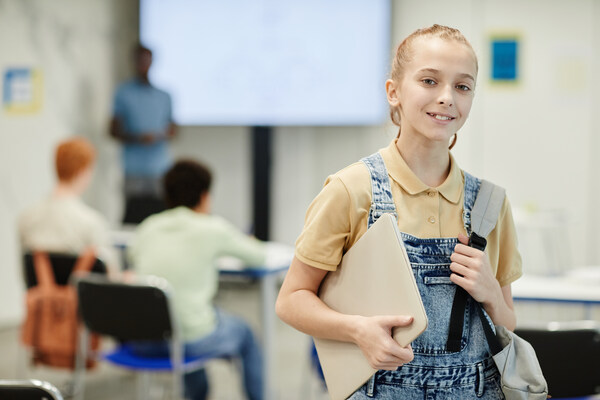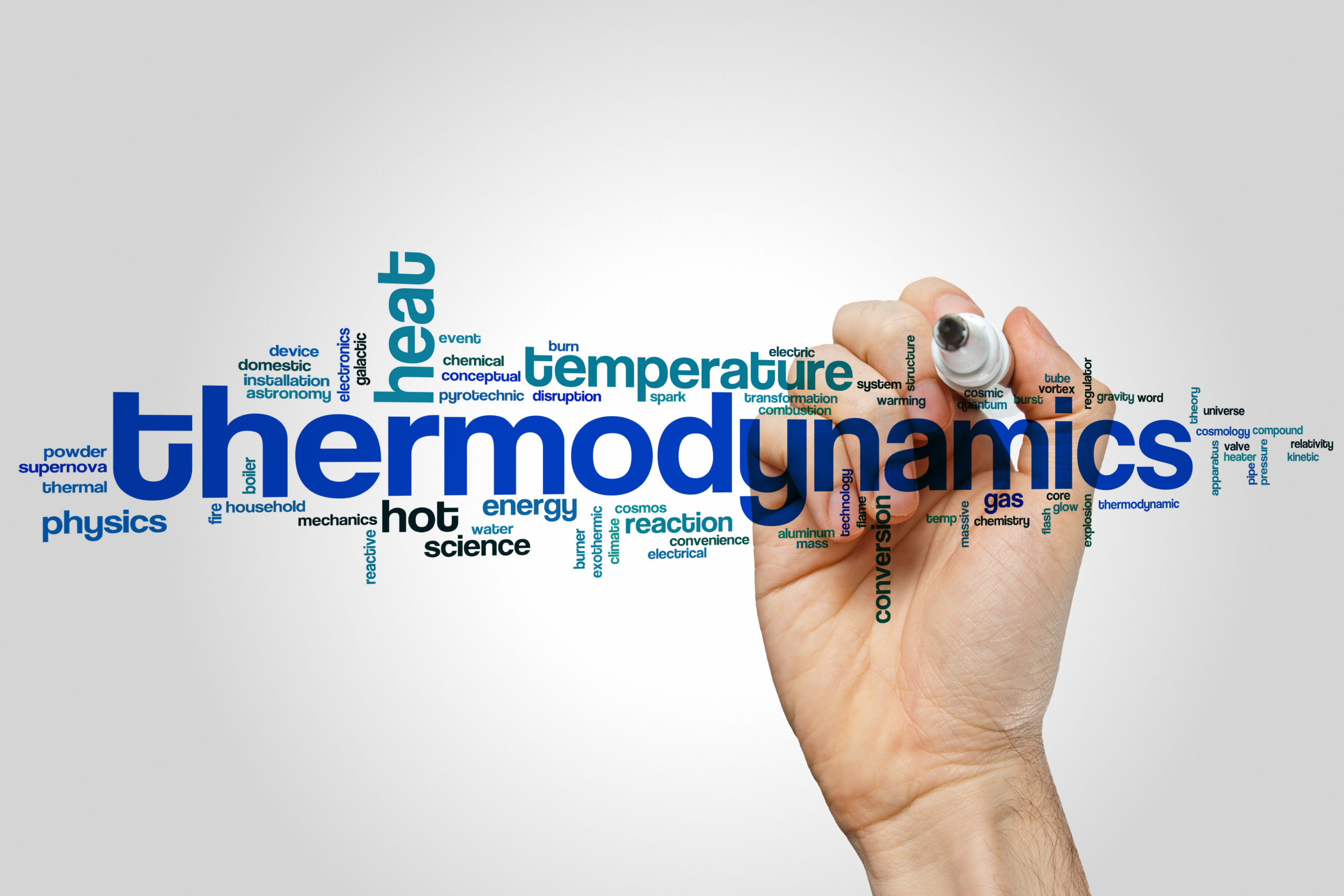Modern educational institutions are becoming increasingly multicultural and multilingual. Schools today are likely to have students from diverse social and economic backgrounds. Hind Louali French School of Austin – Ecole Jean-Jacques Rousseau mentions that community agencies and educators today explore diverse ways to engage students in learning, performing academically and behaving positively. Social and emotional learning (SEL) especially provides students with the foundation for positive and safe learning, and elevates their ability to succeed in school, career, and life in general.
Hind Louali French School of Austin underlines the five social emotional learning competencies
Social emotional learning (SEL) is a popular methodology that focuses on helping students of all agents to better understand and comprehend their emotions, and demonstrate empathy for others. These learned behaviours often play a significant role in enabling students to make positive and responsible decisions, create frameworks to achieve their goals, as well as build positive relationships with others.
Here are some of the prime social emotional learning competencies:
- Self-Awareness: Self awareness implies to gaining a better understanding of one’s values, personal goals and emotions. This would involve effectively assessing their limitations and strengths, maintaining a positive mindset and developing a well-grounded sense of self-efficacy and optimism. A high degree of self-awareness involves the ability to grasp how feelings, actions and thoughts are interconnected.
- Self-Management: Attitudes and skills that help facilitate the ability to regulate one’s own behaviours and emotions comes under self-management. It would also include the ability to manage stress, control impulses, delay gratification, as well as persevere through challenges with the aim of achieving important personal and educational goals.
- Social Awareness: Social awareness comprises of the ability to empathize, understand and feel compassion for others, including the ones who belong to distinctive cultures or backgrounds. It would also involve having a better understanding of the social norms for behaviours in regard to family, school, community, and more.
- Relationship Skills: To build and maintain both healthy and rewarding relationships, as well as act in accordance with social norms, students would need valuable relationship skills. Among other things, these skills involve listening actively, cooperating with others, communicating clearly, negotiating conflicts in a constructive manner and resisting inappropriate social pressure. Students also learn to seek help whenever needed.
- Responsible Decision Making: It is vital for people to learn how to make constructive decisions or choices about social interactions and personal behaviours from a young age. To make responsible decisions, one must have the ability to consider factors like the health and well-being of self and others, accurate behavioural norms for risky actions and important ethical standards. They must also make a realistic evaluation of the consequences of their actions.
Hind Louali French School of Austin – Ecole Jean-Jacques Rousseau mentions that students are more successful in school and daily life when they know how to manage their emotions. Social Emotional Learning is beneficial to both children and adults. This practice goes a long way in helping individuals to increase self-awareness and academic achievement, and display positive behaviours both in and out of the classroom.





